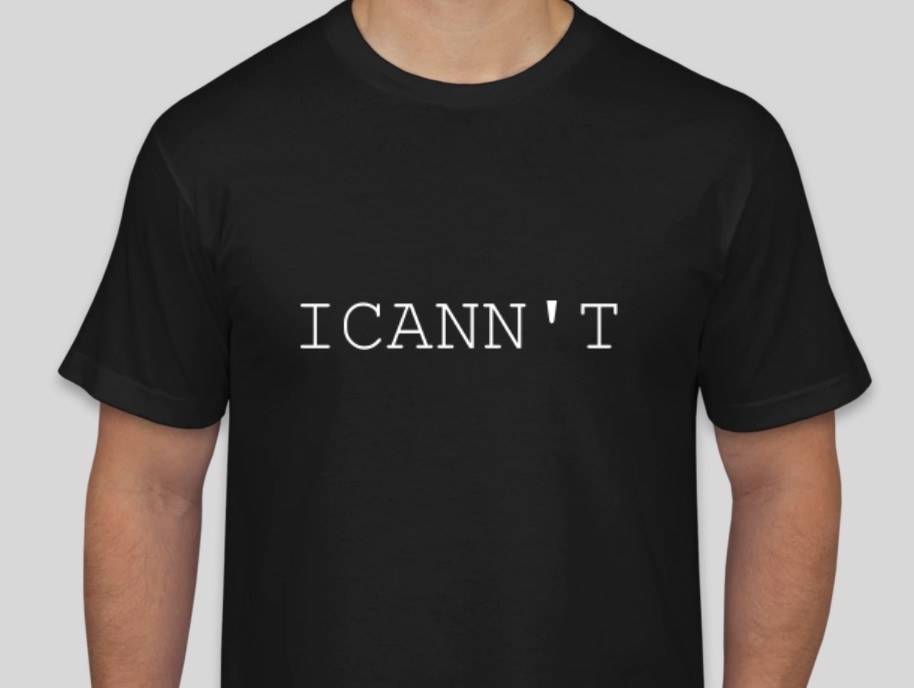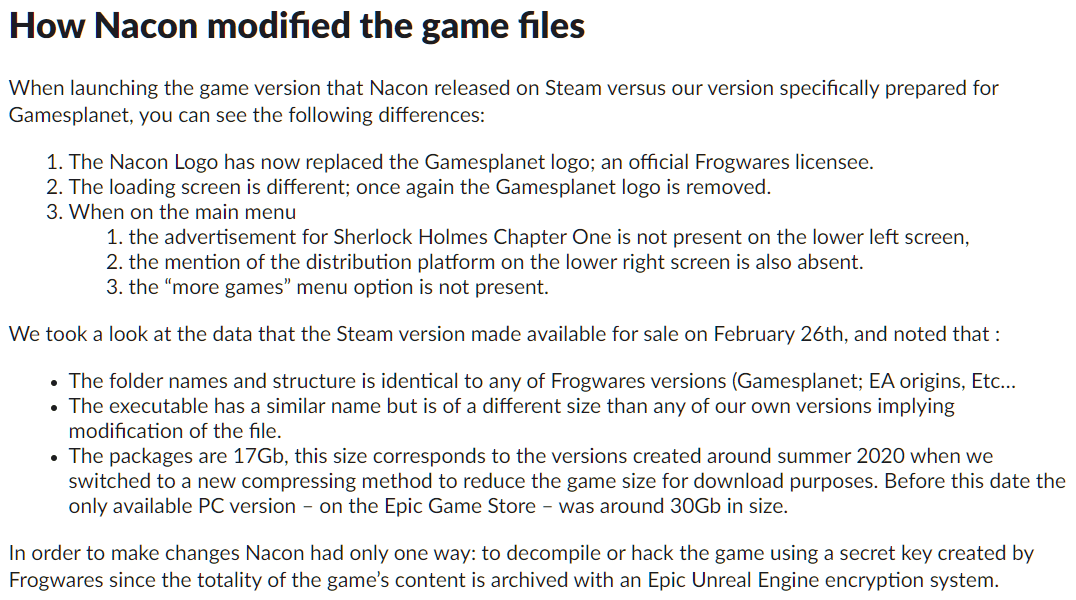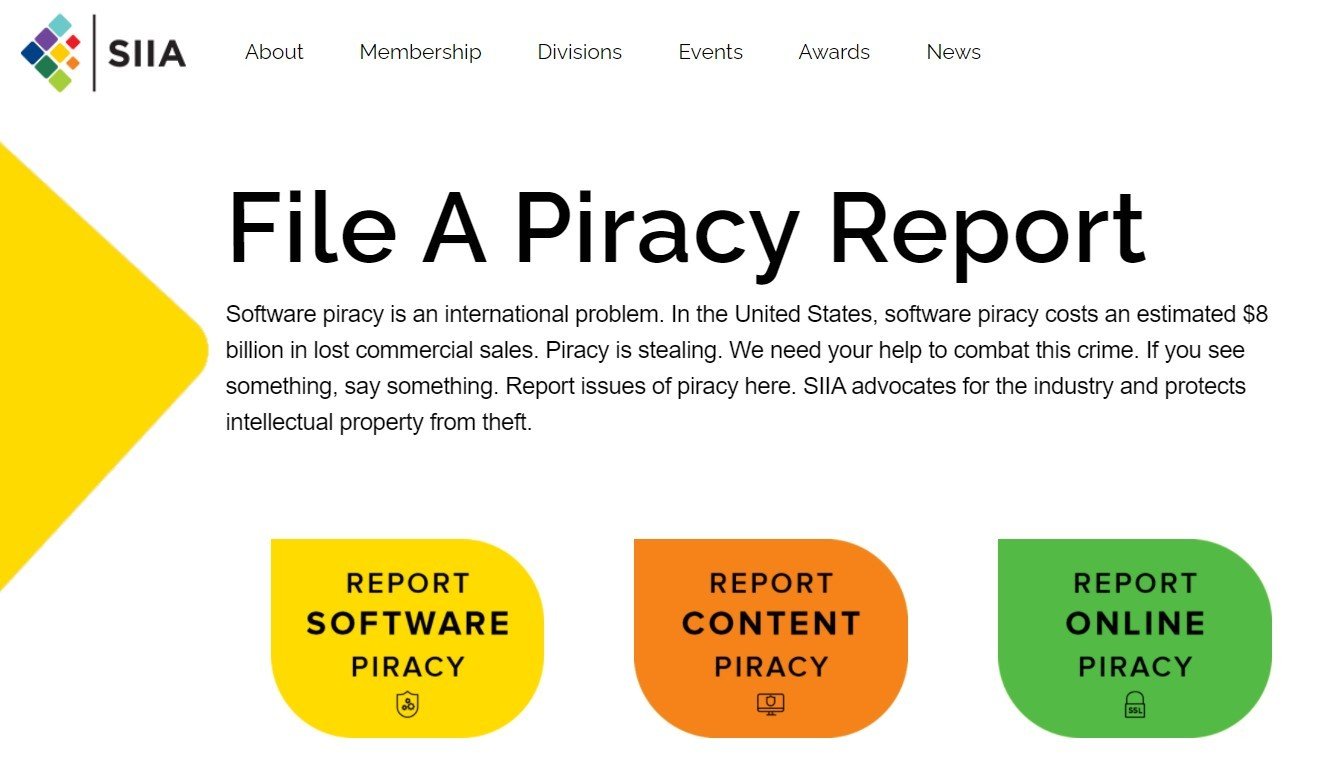-
chevron_right
ICANN Refuses to Accredit Pirate Bay Founder Peter Sunde Due to His ‘Background’
Ernesto Van der Sar · news.movim.eu / TorrentFreak · Wednesday, 3 March, 2021 - 20:53 · 4 minutes
 Peter Sunde was one of the key people behind The Pirate Bay in the early years, a role for which he was eventually convicted in Sweden .
Peter Sunde was one of the key people behind The Pirate Bay in the early years, a role for which he was eventually convicted in Sweden .
While Sunde cut his ties with the notorious torrent site many years ago, he remains an active and vocal personality on the Internet.
In recent years Sunde has focused on several other projects. His links to the domain registration service Njalla and the Ipredator VPN are well known, and he also hosted the documentary series “ Activisten ” on Finnish television.
Sunde’s Domain Name Business
Sunde is also involved with the domain registrar Sarek , which caters to technology enthusiasts and people who are interested in a fair and balanced Internet, promising low prices for domain registrations
As a business, everything was going well for Sarek. The company made several deals with domain registries to offer cheap domains but there is one element that’s missing. To resell the most popular domains, including .com and .org, it has to be accredited by ICANN .
ICANN is the main oversight body for the Internet’s global domain name system. Among other things, it develops policies for accredited registrars to prevent abuse and illegal use of domain names. Without this accreditation, reselling several popular domains simply isn’t an option.
ICANN Denies Accreditation
Sunde and the Sarek team hoped to overcome this hurdle and started the ICANN accreditation process in 2019. After a long period of waiting, the organization recently informed Sunde that his application was denied.
Needless to say, Sunde was disappointed with the decision and he took his frustration to Twitter a few days ago . Initially, he assumed that the application was denied because ICANN concluded that he ‘lied’ about his background.
The accreditation form requires applicants to tick a box if they have been convicted for fraud or something similar. Sunde didn’t tick this box, as he was convicted for criminal copyright infringement. This ‘error’ was swiftly noticed by ICANN, which is also uneasy with other parts of the Pirate Bay founder’s history.
Ticking Boxes
“After the background check I get a reply that I’ve checked the wrong boxes,” Sunde wrote. “Not only that, but they’re also upset I was wanted by Interpol.”
The Twitter thread didn’t go unnoticed by ICANN who contacted Sunde over the phone to offer clarification. As it turns out, the ‘wrong box’ issue isn’t the main problem, as he explains in a follow-up Twitter thread.
“I got some sort of semi-excuse regarding their claim that I lied on my application. They also said that they agreed it wasn’t fraud or similar really. So both of the points they made regarding the denial were not really the reason,” Sunde clarifies.
ICANN is Not Comfortable With Sunde
Over the phone, ICANN explained that the matter was discussed internally. This unnamed group of people concluded that the organization is ‘not comfortable’ doing business with him.
“They basically admitted that they don’t like me. They’ve banned me for nothing else than my political views. This is typical discrimination. Considering I have no one to appeal to except them, it’s concerning, since they control the actual fucking center of the internet.”
ICANN hasn’t commented publicly on the matter and the organization didn’t immediately respond to our request for further information. However, Sunde tells us that his ‘background’ is obviously the reason for the denial. And copyright plays a role in this as well.
“They said it outright in the phone call, it’s me they don’t feel comfortable with. They said they take Intellectual Property rights so seriously that I can’t join,” Sunde tells us.
Making matters worse, ICANN will also keep the registration fee, so this whole ordeal is costing money as well.
What’s the Real Issue?
While Sunde understands that there are people who don’t agree with his views on certain things, that shouldn’t be a problem here. After all, ICANN is heavily regulated and it could easily revoke accreditation should its policies be violated.
Without an on-the-record statement from ICANN, we can only speculate on what ‘background issues’ the organization is concerned with. There are a few to choose from.
Needless to say, The Pirate Bay has caused ICANN quite a few headaches. Over the years copyright industry groups such as the MPA and RIAA have repeatedly asked ICANN to step in and ban these domains.
Thus far, ICANN has always said that it doesn’t want to ‘police the Internet’ and that courts can deal with this issue. However, the pressure from rightsholders may indirectly play a role here.
Sunde may have upset ICANN in other ways as well. Roughly a decade ago, he promoted a P2P-based DNS system to compete with ICANN’s root-server and bypass its control over the Internet.
Notorious Market?
And then there’s the privacy-oriented domain registration service Njalla, where Sunde is involved as well. Njalla is a legitimate company that helps people maintain their privacy, but copyright holders don’t like it, as it frustrates their enforcement efforts.
Just a few months ago, several rightsholder groups nominated Njalla for the US Trade Representative annual overview of “ notorious markets ,” which may have factored into ICANN’s decision as well.
Whatever the reason, Sunde is clearly disappointed and he has already filed a complaint at ICANN. In addition, he reached out to digital and human rights groups to see if there are more options to appeal.
“I’m talking with the Electronic Frontier Foundation and ARTICLE 19 right now,” Sunde tells us. “And I’ve left a complaint with the ICANN complaints team, but that will likely lead to nothing.”
From: TF , for the latest news on copyright battles, piracy and more.

 The US Government regularly cautions foreign countries for their lacking copyright policies. However, it has its own issues as well.
The US Government regularly cautions foreign countries for their lacking copyright policies. However, it has its own issues as well.


 Changes in power often present opportunities, including in the US where a new President and Congress were recently sworn in.
Changes in power often present opportunities, including in the US where a new President and Congress were recently sworn in. In the early nineties, software companies already realized that piracy posed a major threat to their business.
In the early nineties, software companies already realized that piracy posed a major threat to their business.
 A few years ago I reached out to an academic researcher, asking for a copy of a paper that was just published in a prominent journal.
A few years ago I reached out to an academic researcher, asking for a copy of a paper that was just published in a prominent journal.